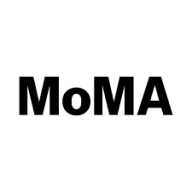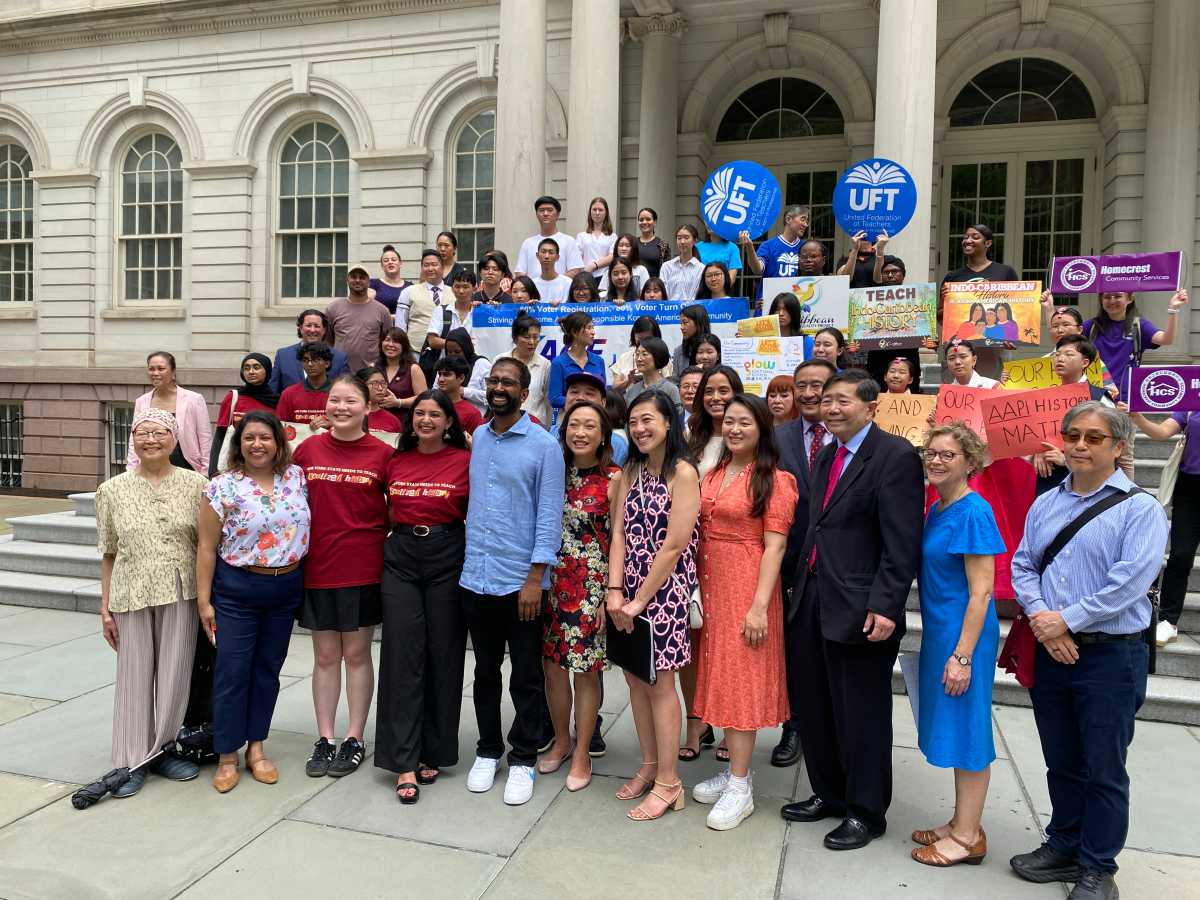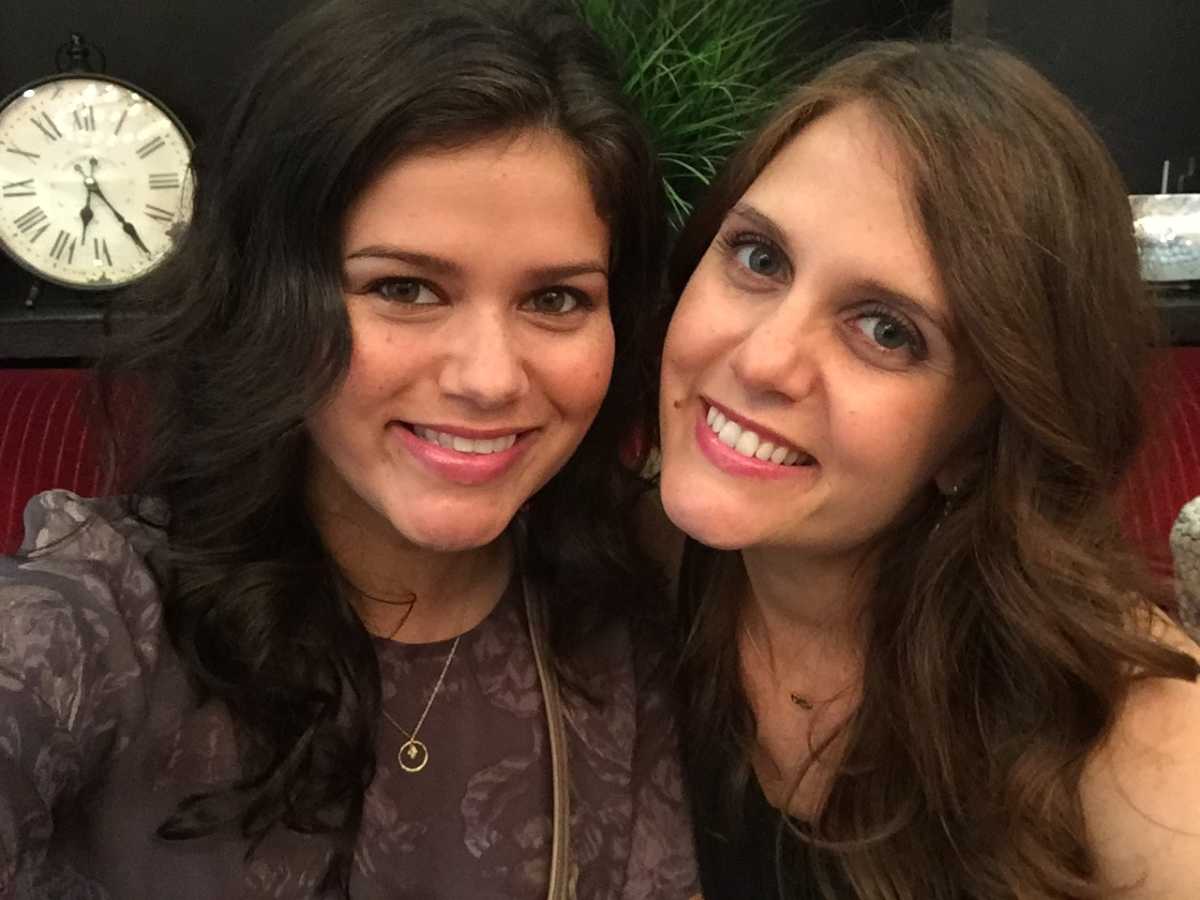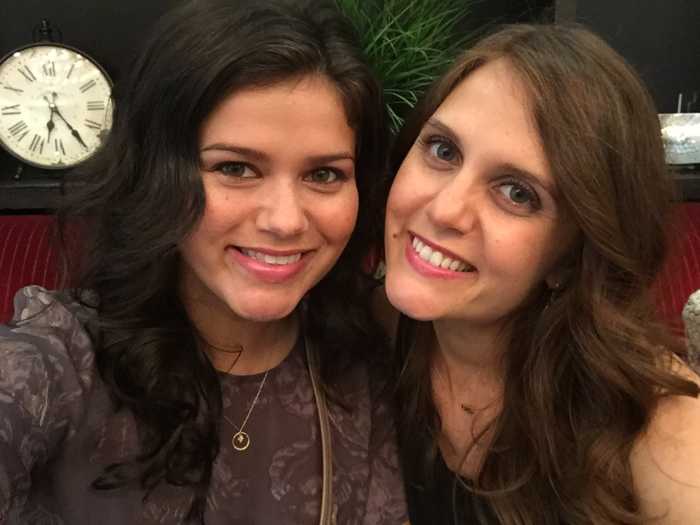By Marvin Greisman
Bob Kerrey, president of New School University, called the Iraqi election a major milestone in the move toward democracy in the Middle East. The former Nebraska senator and governor offered that viewpoint after speaking at the recent Dorothy Gardner Adler Lecture, sponsored by the Simon Wiesenthal Center at the Bronfman Center for Jewish Life at the 92nd Street Y.
Speaking after addressing the topic, “The State of Anti-Semitism, Crises and Challenges,” Kerrey, a strong supporter of the U.S. invasion of Iraq, noting that while there were more than 34 dead during the election, nevertheless called Iraqi election day on Jan. 30 “a wonderful day we are celebrating.”
While the Bush administration is touting the election results as part of its initiative to move other countries in the Middle East toward democracy, Kerrey did not appear optimistic about the prospect of Saudi Arabia ever joining the democratic community. “Saudi Arabia will cease to exist as a nation state before democracy comes in,” he said flatly.
Kerrey continues to back the initial effort of seeking to overthrow Saddam Hussein, but is critical of the Bush administration’s efforts after that result. Asked how a pro-war advocate could survive in a university that is so antiwar, Kerrey acknowledged there were strains among the students and faculty regarding his views in support of toppling of Saddam. But he maintained that despite the deeply-felt disagreement on the Greenwich Village campus, “I think they did it respectfully. The students and the faculty had a very good open debate about it. I never felt any disrespectful challenges.”
Despite the Iraqi elections returns and the cry of some Democrats, like Senator Ted Kennedy, for an exit strategy, now is not the time to cut and run, Kerrey said. While 1,400 dead U.S. soldiers “is a big deal,” the former senator said, before the U.S. leaves, the Iraqis must be ready to provide their own security. “Every single U.S. serviceman would be back today if opponents to democracy weren’t killing Iraqis and trying to kill Americans,” he noted.
Continuing to hype the Iraqi election results, Kerrey told the lecture audience, “For whatever legitimate criticism you may have of President Bush’s decision to go to war in Iraq to rid the world of Saddam Hussein or the president’s decisions after the war, you have to be impressed by the willingness of 8 million Iraqis to risk their lives in order to cast their votes for the first time in 50 years.”
He termed the current war in Iraq “not one of our own choosing,” saying it is the fault of the insurgents “who oppose liberal democracy, freedom of political choice and the use of government power to protect tolerance, diversity of religious expression and the plebiscite.”
Yet, speaking to the larger picture, Kerrey said, “What troubles me today the most following this election and the one that took place in the United States this past November is the difficulty that red and blue Americans and our free-world allies are having reuniting following the Iraqi war.”
He also took aim at countries whose leaders are not held accountable for actions that have a crucial impact on their citizens, naming Saudi Arabia, Iran, China, Cuba, Russia and Egypt. He slammed U.S. policymakers’ lenient attitudes toward Saudi Arabia, denouncing the Saudis for distributing hate literature that reaches mosques around the country, including Brooklyn, and “corrupting immigrants who come to the United States of America itself.”
Kerrey praised Israel as a bastion of liberal democracy in the Middle East, but agreed with New York Times columnist Thomas Friedman that the United States should act as a “midwife” in pursuing peace between the Israelis and Palestinians.
The New School president blasted Hamilton College officials for inviting Ward Churchill — the University of Colorado professor who called the 9/11 World Trade Center victims “little Eichmanns” — to speak on campus. Hamilton canceled Churchill’s appearance in face of pressure. Kerrey, who served on the federal 9/11 Commission, blasted those who defended Churchill’s right to speak at the college. “That defense makes a mockery of free speech as well as the idea of universities as places of higher learning,” he argued. “This is not tolerance. This is an act of weak toleration.”
Kerrey also stated that those professors at Columbia University being accused of acting negatively toward students who are pro-Israel in their views are pursuing a dangerous path. “That is not tolerance,” he said. “It is tolerating threats to tolerance and it is wrong to permit it.”
Afterwards, Edward Hochman, a New York attorney, expressed surprise and support at Kerrey’s comments at the 92nd Street Y.
“I thought Senator Kerrey was exceptionally courageous in giving that type of speech in front of a crowd that I assumed largely would have disagreed with him,” Hochman said. “I just have a sense that this crowd was largely against the war in Iraq, critical of aspects of it.”





































